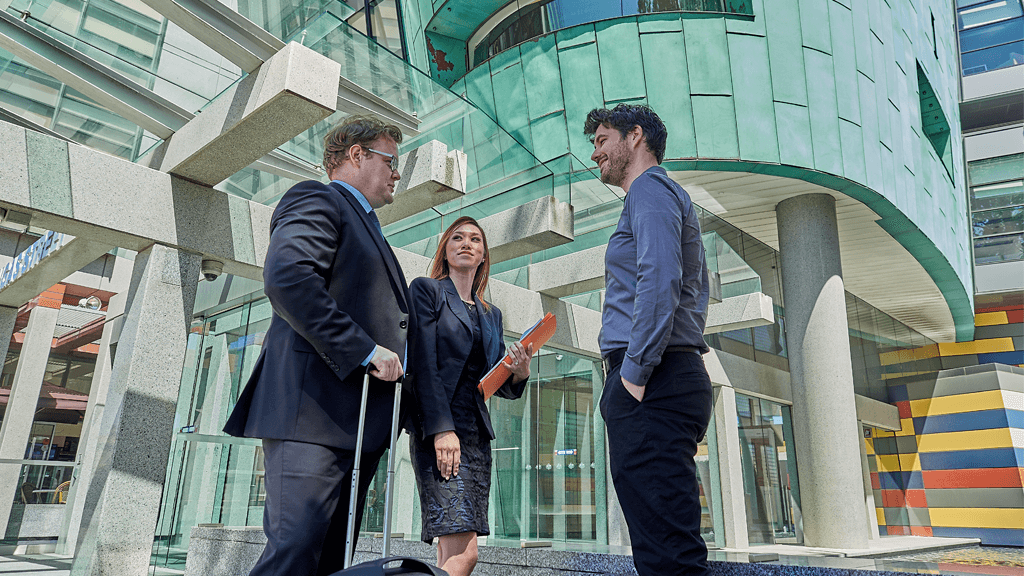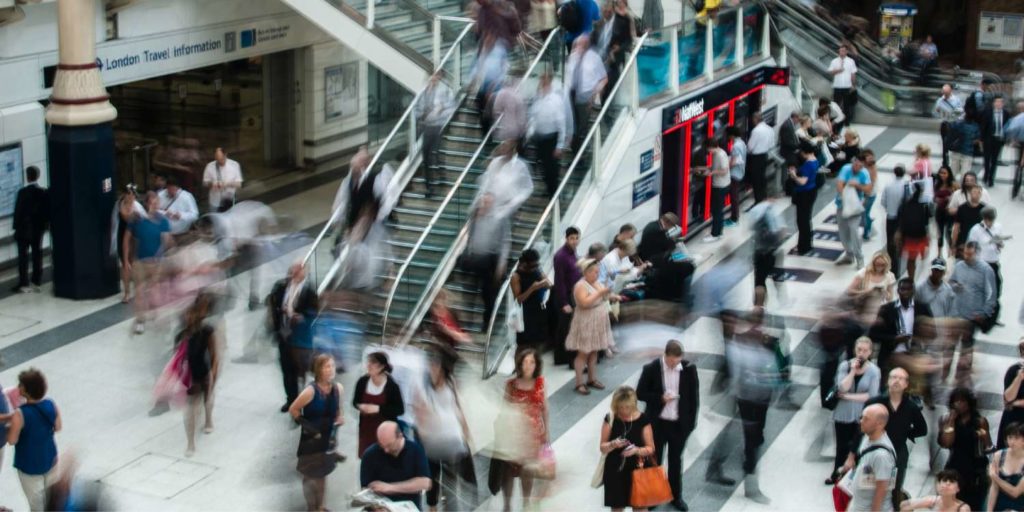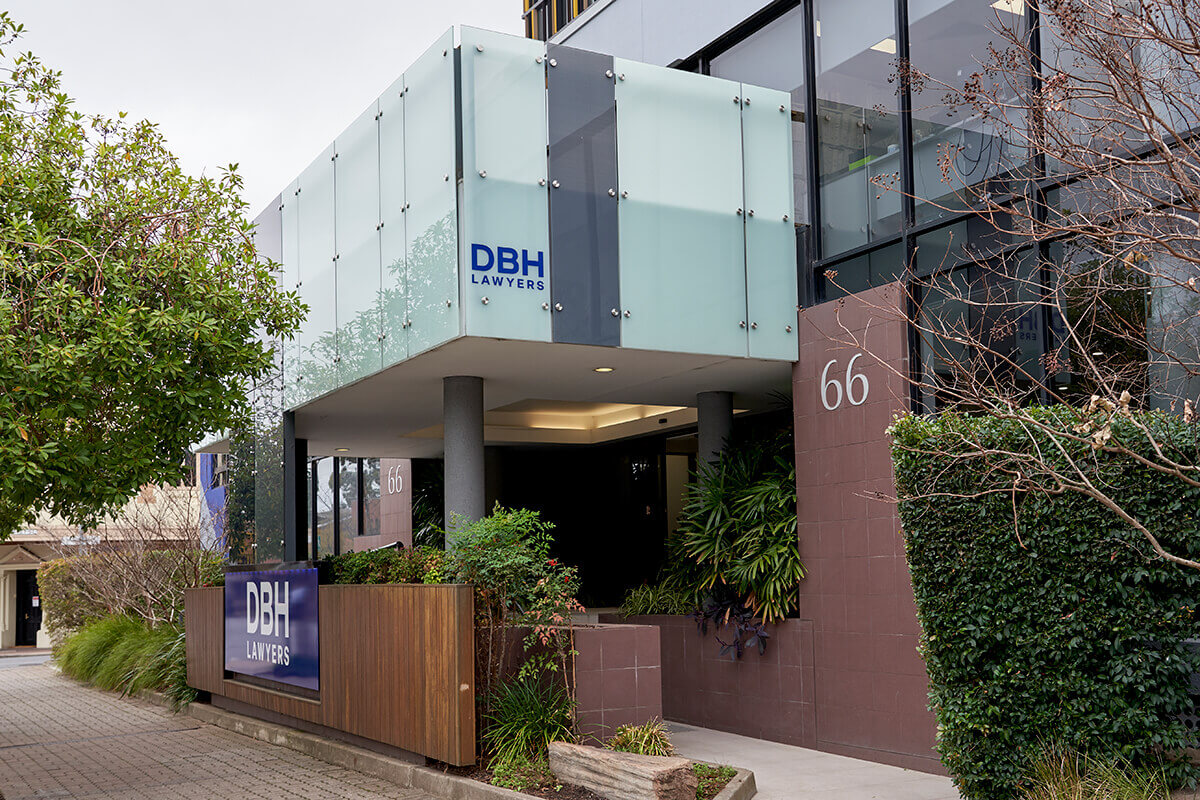Commercial leases provide long-term stability and success for many businesses, but only if they have been effectively negotiated and properly drafted.
The upshot is that commercial real estate is important, whether you’re a lessee, lessor, a real estate developer, or looking to buy commercial property.
We understand that commercial property issues can significantly affect a business. We’re commercial property specialists with years of valuable expertise. You’re in safe hands with us.




